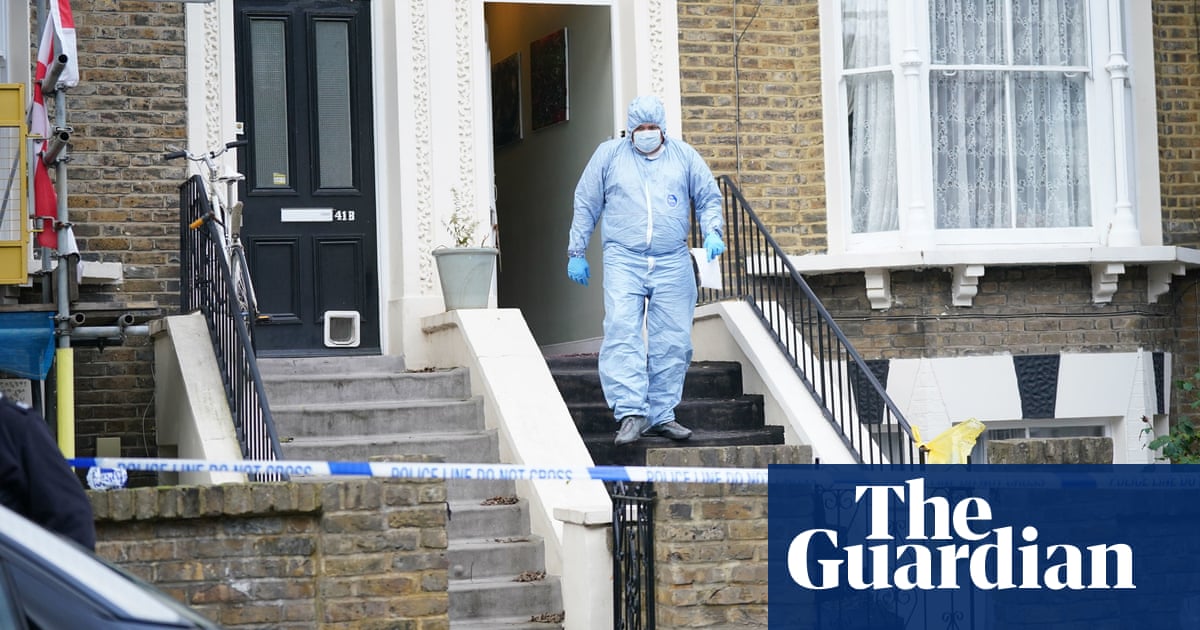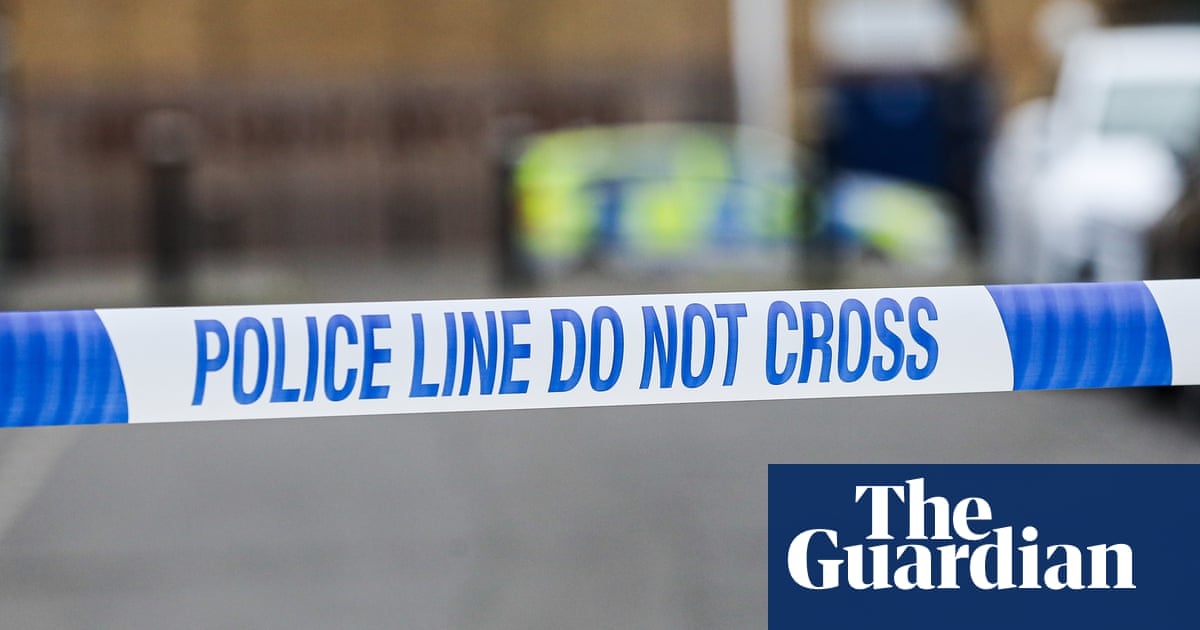
Politicians and rights campaigners blame judiciary and government for Rev. Stan Swamy’s death, after ‘repeated pleas for bail’ were ignored
Activist, who was arrested in October 2020, was suffering from Parkinson’s disease and died of complications related to COVID-19
NEW DELHI: A day after the death in custody of an 84-year-old Jesuit priest sent shock waves across India, activists and families of political prisoners condemned the government’s “insensitivity” in the case and accused the authorities of institutional murder.”
Activist and rights advocate Rev. Stan Swamy, who campaigned in support of the rights of marginalized tribal communities in the eastern state of Jharkhand, was arrested in October 2020 under draconian anti-terror laws for allegedly inciting violence between caste groups in 2018. He was one of 16 activists, academics and lawyers charged under the Unlawful Activities (Prevention) Act (UAPA).
He was held for nine months without trial and denied bail, despite suffering from Parkinson’s disease, which worsened after he contracted COVID-19 in prison in May.
On court orders, Swamy was eventually moved to hospital and put on a ventilator but died of cardiac arrest on Monday as a result of complications related to COVID-19, a doctor told Bombay high court. Prayer services for the priest were held across the country on Tuesday.
His death prompted an outpouring of anger and grief, with several critics blaming the ruling Bharatiya Janata Party (BJP) and the judiciary.
Kavita Krishnan, a political activist, told Arab News: “Father Swamy told the court repeatedly that his condition was deteriorating.
“I hold the individual judges responsible … they have blood on their hands. They chose to kneel to power rather than do their duty and defend the constitutional rights of an 84-year-old man who spent his whole life defending the constitutional liberty of tribal and suppressed people of the country.”
Swamy was arrested in mineral-rich but impoverished Jharkhand, where he had campaigned for the rights of tribal communities for more than five decades. He was accused of having links to Maoist rebels, orchestrating deadly clashes between castes, and plotting to assassinate Prime Minister Narendra Modi. He and others vehemently denied the charges, with Swamy saying he was targeted because of his work.
The clashes in question took place in January 2018 in the Koregaon Bhima area of the western state of Maharashtra. Dalits, the lowest caste in India, had gathered there to celebrate the 200th anniversary of the Battle of Koregaon, in which their army defeated the forces of the upper caste Hindu Maratha. Prominent Indians had organized the annual celebration, known as Elgar Parishad, but it sparked violence during which one person was killed and several injured.
The then BJP government in Maharashtra blamed Maoists, intellectuals and Dalit activists for the violence. The anti-terrorism National Investigative Agency (NIA) took over the case and detained several people.
On Tuesday, relatives of the co-accused in the case said Swamy death was unnatural.
“This is not a natural death but the institutional murder of a gentle soul, committed by an inhuman state,” they said in a joint statement.
“Having spent his life among the Adivasis (tribals) in Jharkhand, fighting for their right to resources and lands, Father Stan did not deserve to die in this manner, far from his beloved Jharkhand, falsely imprisoned by a vindictive state.”
There was anger, too, in Jharkhand itself, where residents expressed outrage.
“Not just for me but for the whole of Jharkhand, it’s a big shock,” Aloka Kujur, a tribal activist and associate of Swamy, told Arab News. “(He) has been killed by the government and this damage can never be recovered.”
She said she had worked with Swamy since 1996, organizing events to educate tribal communities about their rights.
“Stan’s death exposes the whole judicial system and the working of the NIA and the intent of the ruling regime in Delhi,” Kujur said. “The state has snatched away our guardian, who selflessly worked for the uplifting of tribals, women and marginalized people”.
Activists and NGOs are planning to hold a large-scale protest over “the killing,” she added.
“(Swamy) was killed by the state,” activist Asif Iqbal Tanha told Arab News. “It’s a blot on our democracy that such a person, who has been dedicated to serving humanity, has been punished for his services.”
Tanha and two other activists were recently released from Tihar jail in New Delhi. They were arrested under the UAPA in early 2020 while protesting against the controversial Citizenship (Amendment) Act, which many people believe discriminates against Muslims.
“The main reason the police arrest you under UAPA is because they want you to rot in jail without bail,” said Tanha. “The administration knows that if the case goes to court, it will not stand.”
Several lawmakers and opposition party members called for “accountability” over Swamy’s death. The priest “deserved justice and humaneness,” Rahul Gandhi, a former president of India’s main opposition Congress Party, said in a message posted on Twitter on Monday.
“It is the Indian state that killed Fr. Stan Swamy, who was such a passionate crusader for social justice,” said Jairam Ramesh, a senior member of the Congress Party.
D. Raja, leader of the Communist Party of India leader said the treatment of Swamy was the “height of insensitivity.” He added: “The judiciary conduct is also questionable. On what grounds did they deny bail to an 84-year-old person who was suffering from multiple illnesses?”
There was also outrage and condemnation from the international community.
Mary Lawlor, the UN special rapporteur on on the situation of human rights defenders (HRDs), had been monitoring the priest’s condition. In a message posted on Twitter on Monday, she said: “The news from #India today is devastating. Human Rights Defender and Jesuit priest Fr. Stan Swamy has died in custody, nine months after his arrest on false charges of terrorism. Jailing HRDs (Human Rights Defenders) is inexcusable.”
Nadine Maenza of the US Commission on International Religious Freedom (USCIRF), wrote on Twitter: “Heartbreaking: death of Indian prisoner Father Stan Swamy after he got COVID. He was elderly priest and human rights activist imprisoned on false terrorism charges. USCIRF spoke out against his arrest and when he was denied bail as his health deteriorated.”












